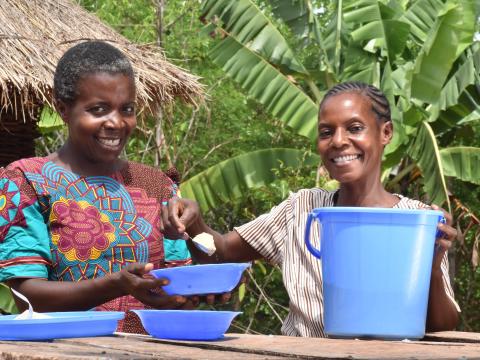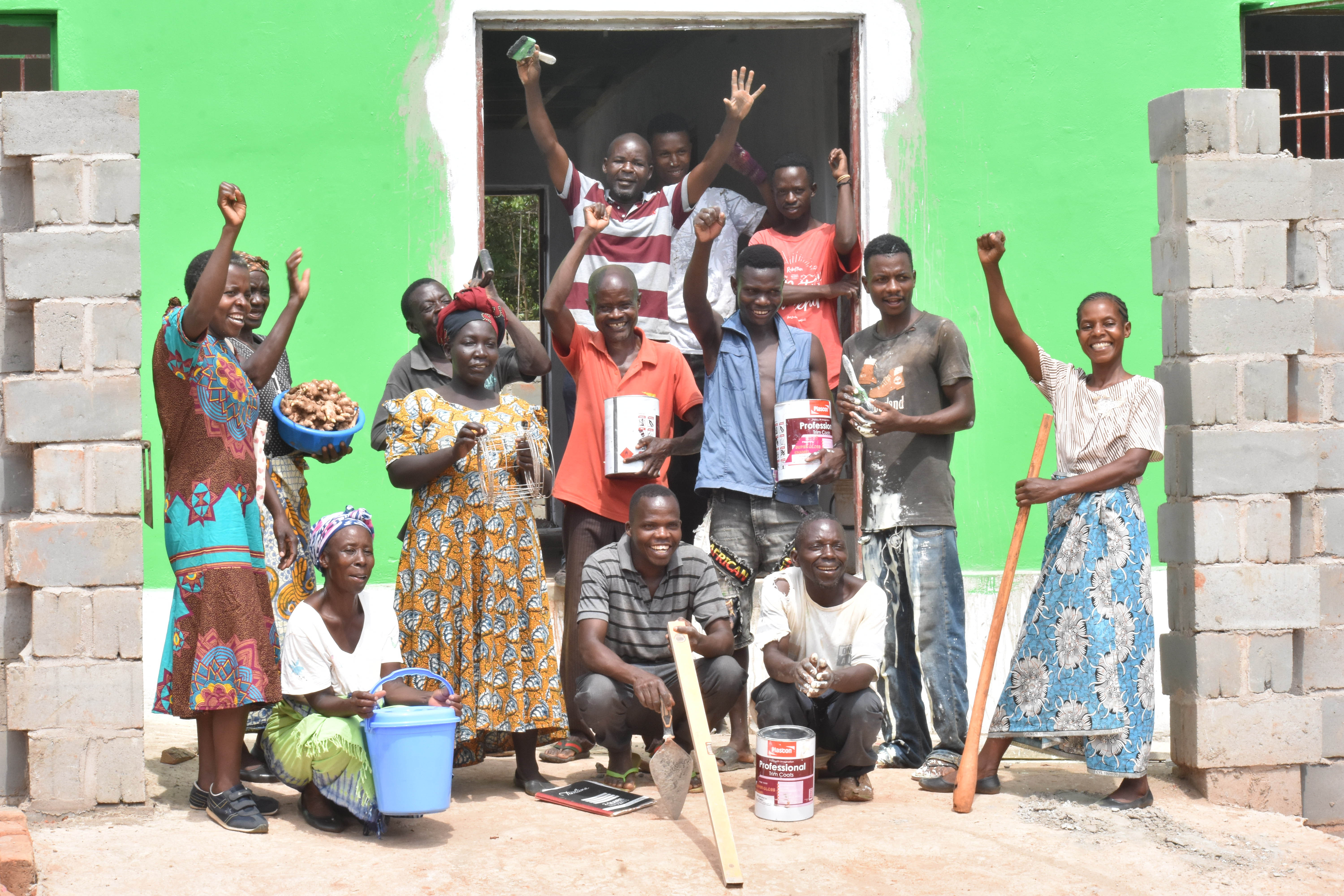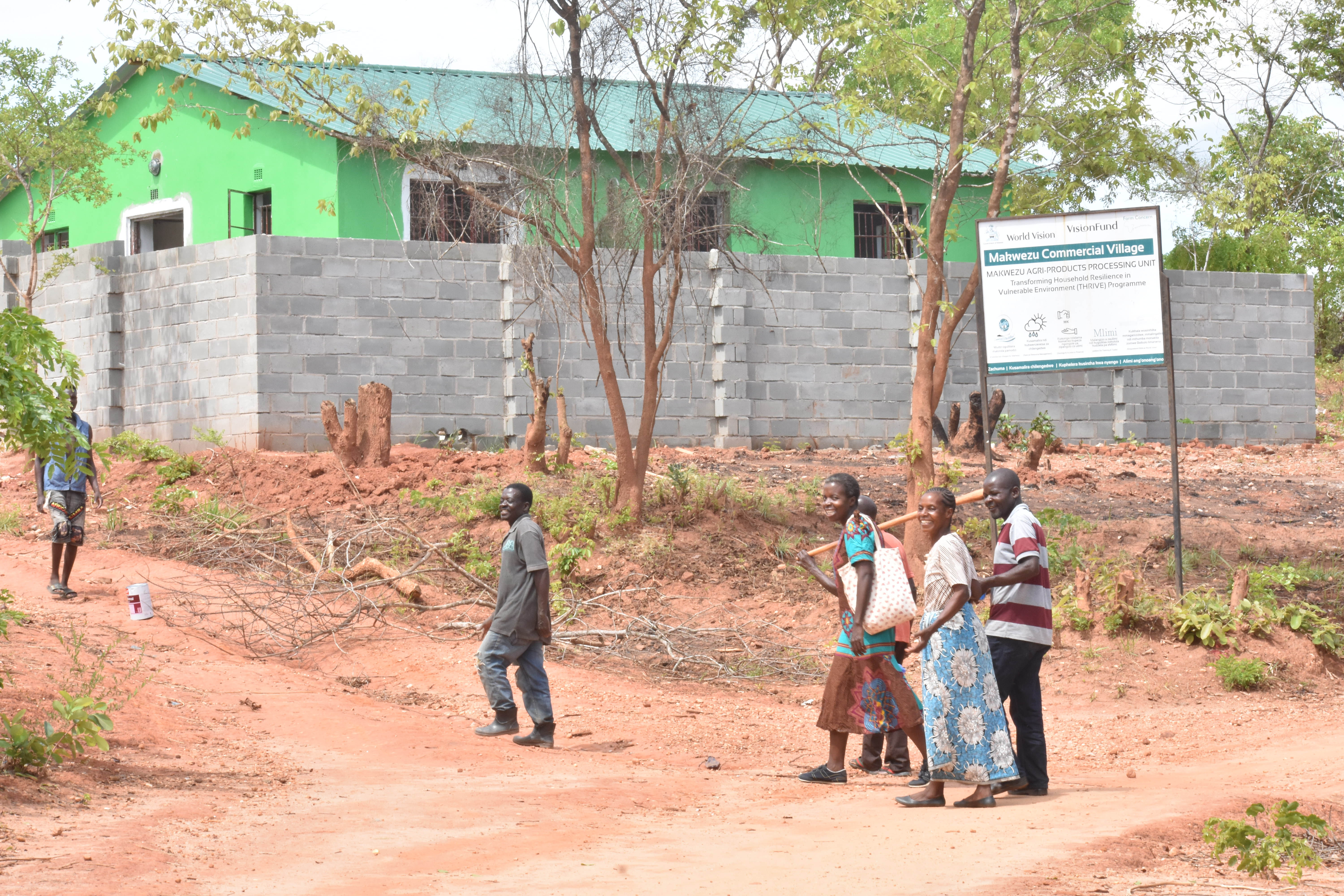The big venture that Makwezu is becoming

About 40 kilometers from Mzuzu city in northern Malawi is the lakeshore district of Nkhata bay, the home of capture fisheries.
Capture fisheries has been the main income generating activity among local citizens in the district.
However, the dwindling of fish species on lake Malawi due to use of illegal fishing nets and climate change has made life a bit harder among residents that have survived on fishing for their livelihood in Nkhatabay.
A 2020 Malawi Poverty Report by the National Statistical Office (NSO) indicated that over 59 percent of rural households in the northern region were poor in 2016.
In Nkhatabay people like Makiyobe Kaunda have had a rougher ride to switch to alternative income generating activities.
“Previously we used to do capture fisheries on Lake Malawi, but now things have changed due to dwindling fish species on the lake,” says Kaunda.
However, many people like Makiyobe Kaunda of kapalapata village in the area of Traditional Authority Timbiri in the district barely knew they were sitting on a gold mine until World vision’s Transforming Household Resilience In Vulnerable Environment (THRIVE) Project came in the area.
The revelation that growing ginger was more lucrative than capture fisheries remained a secret until THRIVE introduced the Empowered World View (EWV) and Commercial Village Model (CV Model), among other initiatives, in the area.

Makiyobe says the climate and soil texture of Nkhata Bay has been favorable to ginger growing all along but people could not venture into ginger farming full scale.
“Ginger growing started long time ago around 1999, and later in 2006 we had a European Union (EU) project championing the same but we could not get on with it, ginger was just a valueless crop in this community,” he adds.
Today, with the THRIVE project, Kaunda and a team of fellow farmers joined together and established Makwezu Commercial Village (CV).
The 23 member grouping now has taken ginger growing to a commercial level, from selling raw ginger to processing it into powder ginger.
“EWV got us realize that we had our gold in ginger. With the advent of COVID-19, demand for ginger grew and we started producing ginger in large quantities, like over 40 metric tons,” explains Kaunda.
Today, with a ginger processing plant courtesy of World Vision, the Makwezu CV has erected a structure amounting to over Mk836 000($836) to house a ginger factory.

Vicious NKhwazi chairs Makwezu CV. She says the CV is now going fully commercial as currently they are waiting for certification form Malawi Bureau of Standards (MBS).
“We are waiting for certification from Malawi Bureau of Standards for our ginger. Currently we sell ginger in raw form as well as processed powder ginger,” she explains.
“Raw ginger fetches over Mk 1000 ($1) per kilograms whereas when processed with our machine, one kilogram of powder ginger fetches Mk 17,000($17) per kilogram,” she adds.
76 year old widowed Rosaria Mhone takes care of her grandchildren with ginger proceeds. She has built a new decent house with proceeds from ginger.
"I used to live in a shack, but thanks to ginger, I have been able to build a good house for my grandchildren. Right now, I have over 300 kilograms of ginger, and I expect to earn over Mk 300,000 ($300) after sales," boasts the grandmother of three grandchildren.
According to Vicious Nkhwazi, the vision of the group is to become a fully registered limited company producing multiple processed products from raw ginger.
“Our capacity has grown, so in the next five years we are planning to be producing ginger juice in addition to processed powder ginger,” she explains.
So far Makwezu Commercial Village has capacity produce over 150,000 metric tons of ginger annually with some companies expressing interest to sign deals with the group.
In the 2020 Malawi Poverty Index report by the National Statistical Office, poverty levels in Nkhata Bay had reduced to 22 percent, which is among the lowest district rankings in the country. The success story of the THRIVE project in the Timbiri area could undoubtedly be a part of this good news.